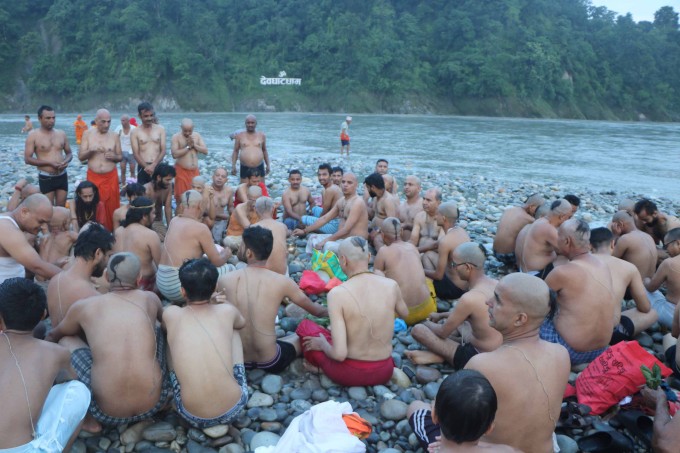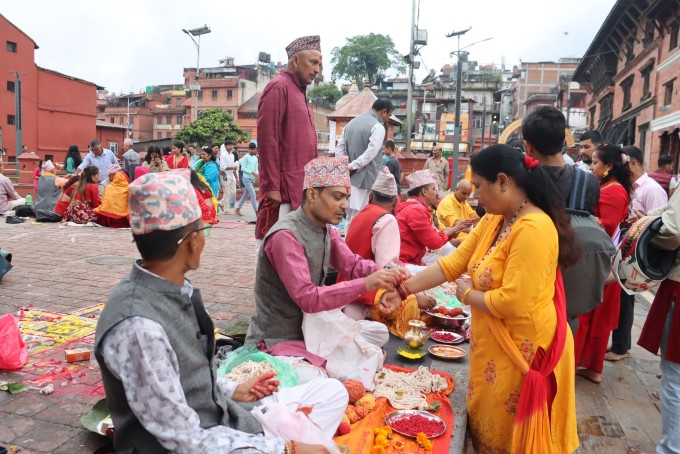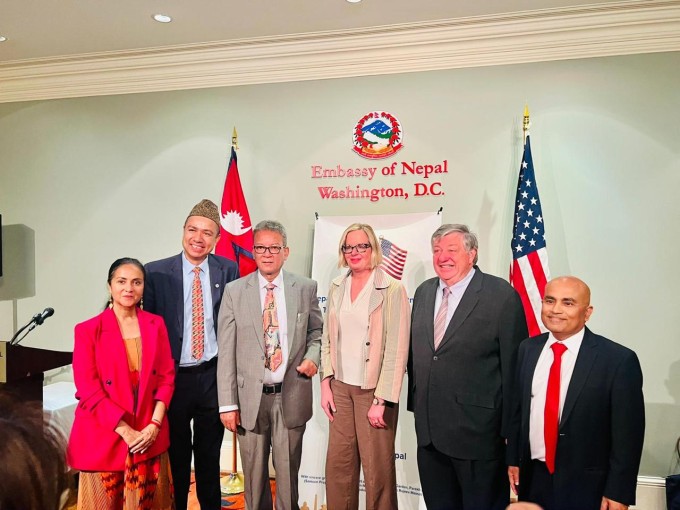Nepal, a small country filled with different castes and communities.
And with it comes different traditions and festivals.
Indra Jatra is one of the biggest festivals in Kathmandu valley.
The festival is full of cultural and religious attractions, one of which is the Lakhe.
Lakhe is a demon who is worshipped for its divine power in the Newar community.
As the aggressive faced demon with protruding fangs and a mane of hair dances around, many people are fascinated by it as much as they are afraid.
But Rajiv Ranjit explains how the fear in people mainly comes due to lack of knowledge.
“There are lots of rumors that Lakhes are violent and that they consume human meat”, says Ranjit, a member of the Majipa Lakhe performers. “These are all baseless rumors'', he adds.
“There are different kinds of Lakhe and each one has its own purpose. The one who is seen during Indrajatra is the Majipa Lakhe, also known as the Royal Lakhe.” explains Ranjit
History says when Goddess Taleju Bhawani entered into Kantipuri Nagari, her bodyguard, the lakhey wasn’t allowed to enter as it was a demon who caused havoc and consumed raw meat and eggs. The lakhe was asked to promise not to destroy nor hurt others for food, which he agreed to.
However, the public was not convinced and they planned to test the lakhe by sending a small, smart kid to tease the lakhe while he is sleeping. When he woke up and saw the little child, he was furious and started chasing the boy. When he caught him, the lakhe let the boy go after a few hits. The people finally began to trust him and gave him the name ‘Peaceful Bhairav’.
It is believed that Goddess Taleju Bhawani used to visit the then King of Kantipur, Jay Prakash Malla and played tripasa, a dice game together. However, one day the king passed some inappropriate comments towards the Goddess which made her furious and she left immediately.
Before she left, she told the king to look for her in the Shakya family if he sought forgiveness as she would be reincarnated there. King Jay Prakash Malla went out looking for the Goddess spirit in young girls. So, worshipping young kumari girls became a strong tradition in the Newari community since then.
READ ALSO:







